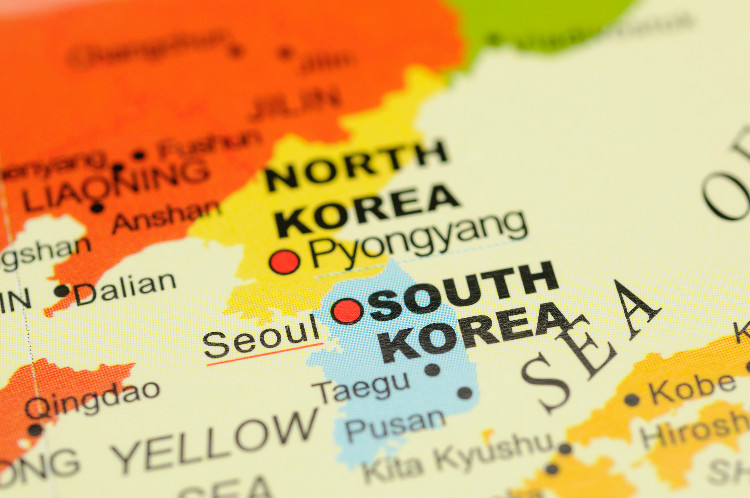May 8, 2018 Reading Time: 3 minutes
Your weekly digest of foreign policy commentary:
 Reading Time: 3 min read
Reading Time: 3 min readJeffrey Lewis highlights gaps between North Korea’s statements and Washington’s expectations. Image credit – bedobedo / depositphoto
Sri Lanka Under the Nuclear Shadow, South Asian Voices, by Sanath de Silva, University of Colombo
“The emerging South Asian nuclear environment is not a simple bilateral matter, as there are potential dangers … beyond the immediate impact of a mushroom cloud in either India or Pakistan.”
LKI Take: As the lead coordinator of the Working Group on Maritime Safety and Security of the Indian Ocean Rim Association (IORA), Sri Lanka could place issues of nuclear smuggling and nuclear accidents—both of which have a maritime dimension—on the Working Group’s agenda.
Promise vs. Experience: How To Fix The ‘Free & Open Indo-Pacific’, War on the Rocks, by Lindsey Ford, Asia Society Policy Institute
“To ensure … the free and open Indo-Pacific matches its promise, the [Trump] administration will need to develop a more coherent narrative, as well as the operational strategy to back it up.”
LKI Take: It is in the interest of all Indian Ocean states, particularly smaller ones like Sri Lanka, to seek clarification of the rules and principles that would apply to a ‘free and open Indo-Pacific.’
Optimism About Korea Will Kill Us All, Foreign Policy, by Jeffrey Lewis, James Martin Center for Nonproliferation Studies, Middlebury Institute of International Studies
“Kim is working toward winning a de facto recognition of North Korea as a nuclear power in exchange for his agreement to respect certain limits.”
LKI Take: Realistic expectations are vital to building trust and a lasting peace; this is also an important lesson for post-conflict Sri Lanka, albeit in a national rather than international context.
*Written by Barana Waidyatilake and Malinda Meegoda, and edited by Anishka De Zylva. The opinions expressed in these Weekly Insights are the authors’ own and not the institutional views of LKI, and do not necessarily reflect the position of any other institution or individual with which the authors are affiliated.